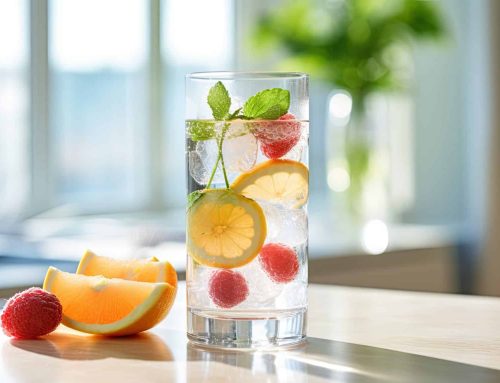 The human body is made up of between 70% and 80% water, which can be found both on the inside and the outside of our body’s cells and makes up most of our organs, muscles and blood.
The human body is made up of between 70% and 80% water, which can be found both on the inside and the outside of our body’s cells and makes up most of our organs, muscles and blood.
Water retention or fluid retention is the excessive build-up of fluid in the body tissues, circulatory system, or cavities in the body.
Water levels in your body are regulated by a complex system of hormones and hormone-like substances called prostaglandins. This allows excess water to be excreted in the form of urine and a decreased urine output when there is reduced hydration.
Water retention can occur in various areas in the body and for various reasons. Water retention is also known as oedema, and occurs when excess fluid is trapped in the body’s tissues and causes swelling, notably in the hands, arms, ankles, legs and feet.
Oedema was formerly known as dropsy and is normally linked to the lymphatic or venous systems, and symptoms generally develop gradually over time. Oedema is more prevalent among people who do not exercise much and stand or sits still for long periods of time; it can also be as the result of chronic lung disease, liver disease, heart failure, kidney disease or damage, diabetes, allergies, malnutrition, excessive salt intake, pregnancy, and various medications.
Water retention can also be as a result of an impaired lymphatic system whereby the lymphatic system can be overwhelmed and unable to return fluid back into the bloodstream fast enough. When this happens, the fluid will accumulate around the tissues. If the lymphatic system is congested, fluid can remain inside the tissues, which will cause swelling in various parts of the body.
One way to resolve water retention is called the Waterfall Diet, which is high in flavonoids and some other nutrients and helps release water retention through urination. Ingesting celery and parsley, as well as other coumarin-rich foods are key for this diet.
The best way of course is just to drink more water – yes, believe it or not, the solution to water retention is to drink more water so that the body does not hold onto water. Your body normally holds onto water when it is dehydrated so that the vital organs can work optimally – when it gets sufficient water regularly it will release all excess water via urination and the swelling will go down. Do not drink diuretics, as this is likely to result in dehydration of the blood; rather get yourself a water cooler and drink its filtered, chilled water on a regular basis.
Get mains fed water coolers, bottled water dispensers and short term water hire from Living-Water.





